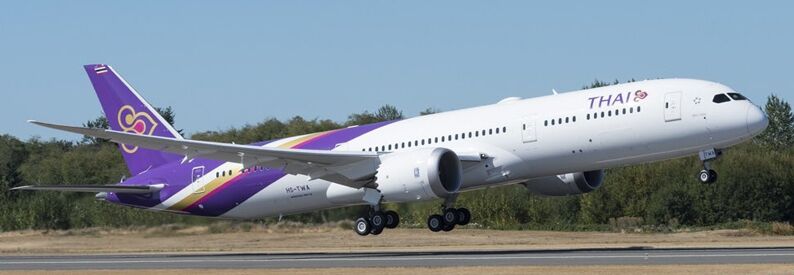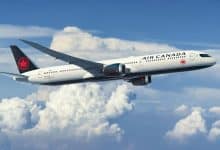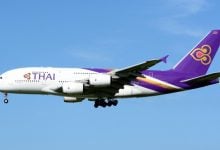Thai Airways’ billion-dollar gamble: Boeing dominates as Airbus left on runway

Thai Airways International is on the verge of sealing a blockbuster deal with Boeing for a fleet expansion, leaving Airbus in the dust.
The stakes are sky-high in this multi-billion dollar saga, with insider sources revealing the ins and outs of this high-flying negotiation.
In an aviation showdown, Boeing emerges victorious as Thai Airways gears up to finalise a deal for up to 100 aircraft. The advanced-stage talks reveal the airline’s strategic move to acquire a mix of firm orders, options, and purchase rights, snubbing Airbus in the process. The reason? Disputes with Airbus’ engine supplier put the European giant on the sidelines.
Thai Airways is on a mission to revitalise its fleet, eyeing approximately eight B787 widebodies and 15 narrowbodies. The allure of Boeing’s offerings entices the airline, with plans to tap into the robust demand for travel to and from Thailand, leveraging Bangkok’s pivotal role as a transit hub. The airline, having downsized during a court-supervised restructuring, is now ready to spread its wings and embrace growth.
Rolls-Royce’s exclusive engine supply for Airbus becomes a stumbling block. Thai Airways, like other carriers, faces pricing disputes with Rolls-Royce, prompting the airline to look elsewhere. Thai Airways CFO Chai Eamsiri makes it clear that playing hardball may have short-term victories but warns about the long-term consequences. British Airways recently made a similar choice, favouring Boeing over Airbus due to Rolls-Royce’s pricing stance, reported Ch-aviation.
Rolls-Royce CEO Tufan Erginbilgiç takes a hard-line approach, unwilling to compromise profitability for short-term gains. The engine manufacturer refuses to offer deep discounts, leading to a deadlock in renegotiations with Thai Airways. This unwavering stance by Rolls-Royce becomes a pivotal factor, pushing Thai Airways further into Boeing’s embrace.
Thai Airways is set to acquire a fleet that boasts 20 International Aero Engines V2500-powered A320-200s, thanks to its merger with Thai Smile. Rolls-Royce Trent 700 engines currently power the airline’s three A330-300s, while Trent XWB engines propel its seventeen A350-900s. The rest of the fleet comprises various Boeing types, showcasing Thai Airways’ strategic shift towards a Boeing-dominated sky.
Latest Thailand News
Follow The Thaiger on Google News:


























